I met Kentuckian Bob Perry at a charcuterie event in Flushing New York. I was actually introduced to him by my former sous-chef, Bob Del Grasso, who now lives and works in rural Pennsylvania (here’s his blog). Later Perry reached out to tell me about a Kentucky farm whose owners would send me some grains to try.
Perry grew up in Kentucky, but has traveled the world, and worked as as a chef in France’s Provence-Alpes-Cote d’Azur region. In college, Perry majored in sociology and philosophy, then earned a masters degree in sociology. He started off his food career working in steakhouses, ultimately becoming a restaurant owner as well as a chef. Today he’s “chef in residence” at the University of Kentucky’s Department of Human Nutrition. We invited Bob to Stir the Pots as someone who simultaneously thinks and operates deeply in the world of food. My first question concerned the media platform that we share.
Is posting food on social media hurting or helping understand food processing?
Helping no doubt. The ‘salt cured pig’ group brought together both professional and amateur folks interested in curing meat that would have probably never met before social media. The affinity groups that have formed are the most positive aspect of it.
Research in food isn’t just about science is it?
Science matters but so does taste, nutrition and the environmental impact. Novel foods touted as “better” without a life cycle analysis can be very deceiving.
Was your time in France at Les Relais à Moutiers like a class you teach today at UK?
In a way the students are absorbing knowledge from me like I did from the chef at Le Relais. Of course, many of the things I learned there I now teach them.
Favorite food?
Foie gras! Seafood is up there, too. I was known for my touch with it when I had my own bistro. Nowadays I cook almost strictly from my local food shed, whatever is in season or in my freezer. I recently installed an Aga range in my home kitchen, it is a whole different way of cooking and fun!
What foodstuffs are iconic in Kentucky?
Bourbon and country ham of course. Some of the iconic dishes would be the ‘hot brown’, rolled oysters and Benedictine spread from Louisville, ‘burgoo’ from West Kentucky and ‘soup beans’ from Appalachia. I once had to fire a chef at a state park because he could not grasp the difference between soup beans and bean soup. Soup beans are pintos cooked with country ham hocks, period. They’re served with hoe cakes and raw onion. He kept putting mirepoix in it. The locals rebelled! Oysters in Louisville came about because of the invention of the steamboat. We shipped bourbon and what-not to New Orleans and were then able to bring fresh oysters back.
Describe your “Ubatuba chicken dish.”
I worked for several years with ubatuba peppers making paprika and a paprikash made with it is incredible. No special tricks, just great ingredients.
What is it like working a kitchen, as well as farming and teaching?
No two days are the same. You can’t be a chef and not be a teacher, I love imparting culinary knowledge to my students, knowledge they can use for the rest of their life even if they don’t stay in the hospitality field. At best I am a gentleman farmer, more a steward of the land my wife’s family owns. Working with farmers and being in a land grant college of agriculture has deepened my knowledge of food immensely.
Why do you think people were drawn by the pandemic to food and bread baking?
Folks really had time to devote to baking since they could barely leave their residences. I did a local TV interview early in the pandemic about cooking and reminded folks that “You can make a taco out of anything, and you can always put an egg on it”.
Are we branding food incorrectly?
Non-profits are trying to brand good food attributes but every time a new label or certification gains traction it is co-opted bybig food companies and the green washing begins. Really knowing your farmer is the best defense.
When not cooking, what other hobbies do you have?
I grow a vegetable garden every summer and do a lot of landscaping around the property. Our house is 150+ years old and I guess you could call maintenance of it a hobby. I’m thankful for all the shop classes I took in high school.
Have farmers become more common partners to average people or mostly professionals? Are farmers markets getting better?
Define farmer. I have friends that direct market everything their farm produces, others farming thousands of acres and everything in between. Farmers markets in urban areas are usually quite diverse in their offerings and growing, not so much in small towns and rural areas. What I have seen is that folks that delve into eating local don’t go back to commodity and do come to see their local farmers as partners.
Are you writing a book?
I should, I’ve had some amazing experiences. I’ve worked onprivate yachts, trains, steamboats, high speed ferries, done gigs in Provence and Japan, owned my own place and met some of the most interesting folks along the way.
Do you listen to music while cooking?
Yes except when teaching. I don’t allow the students to play music except in the dish room and its usually a dance party in there. I listen to music constantly, mostly blues and Americana. I have a sound system in my tiny office with a 200w subwoofer.
THE END
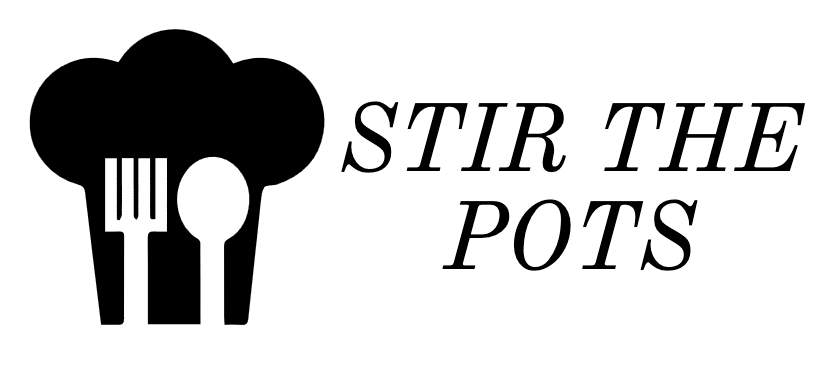
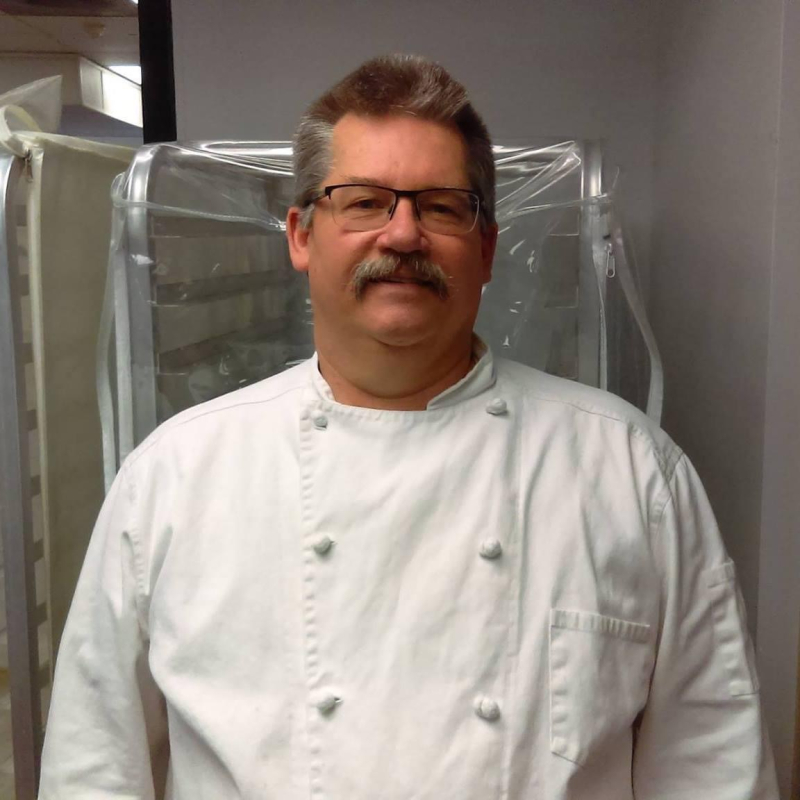
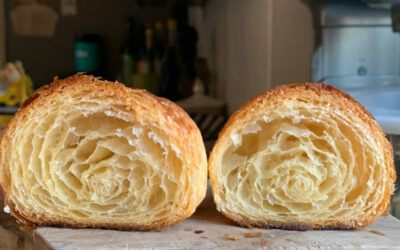
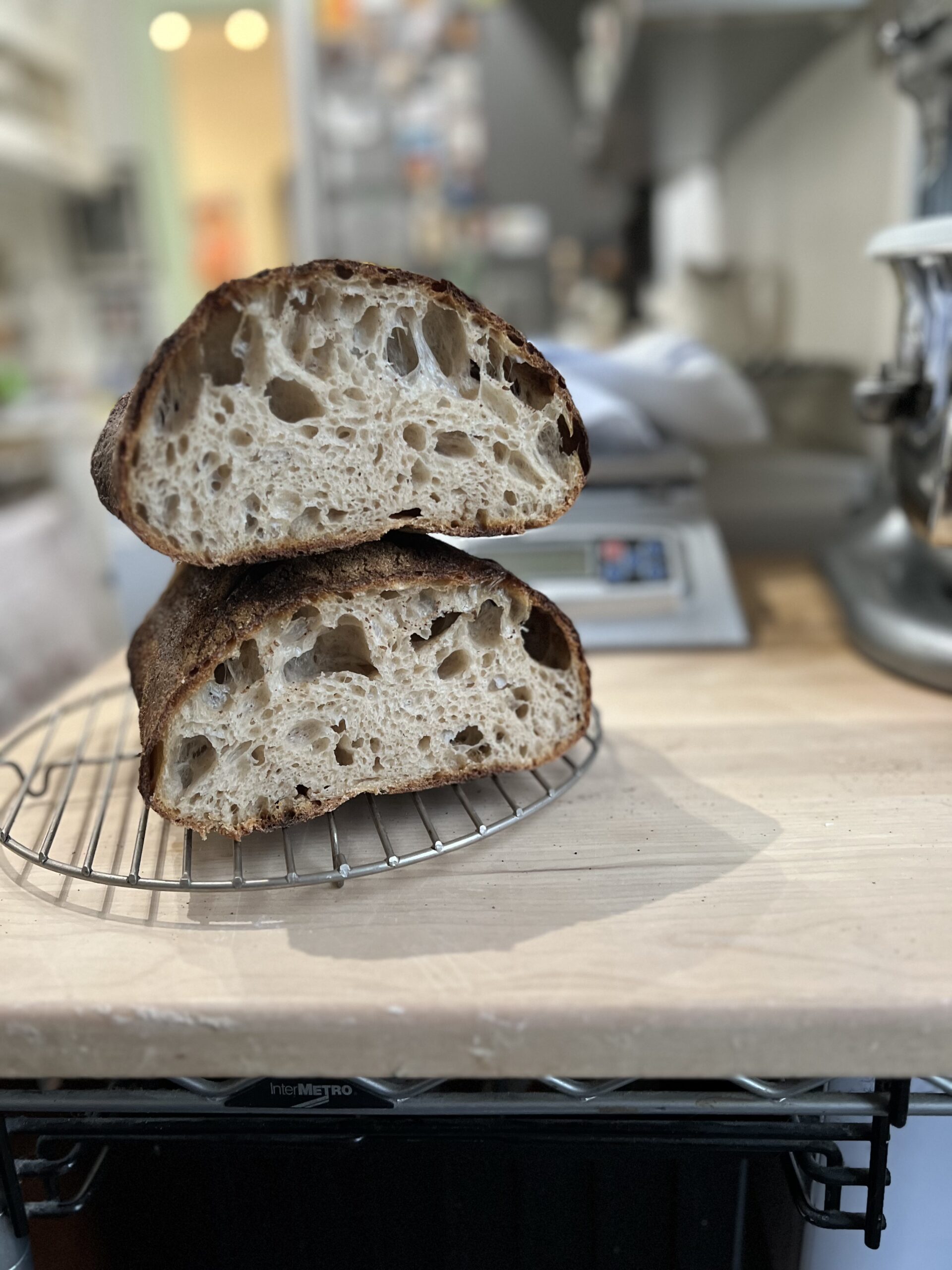
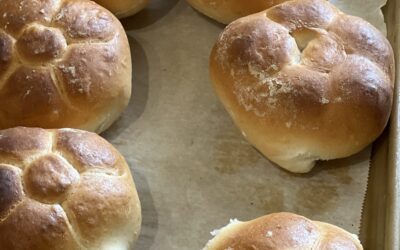

0 Comments